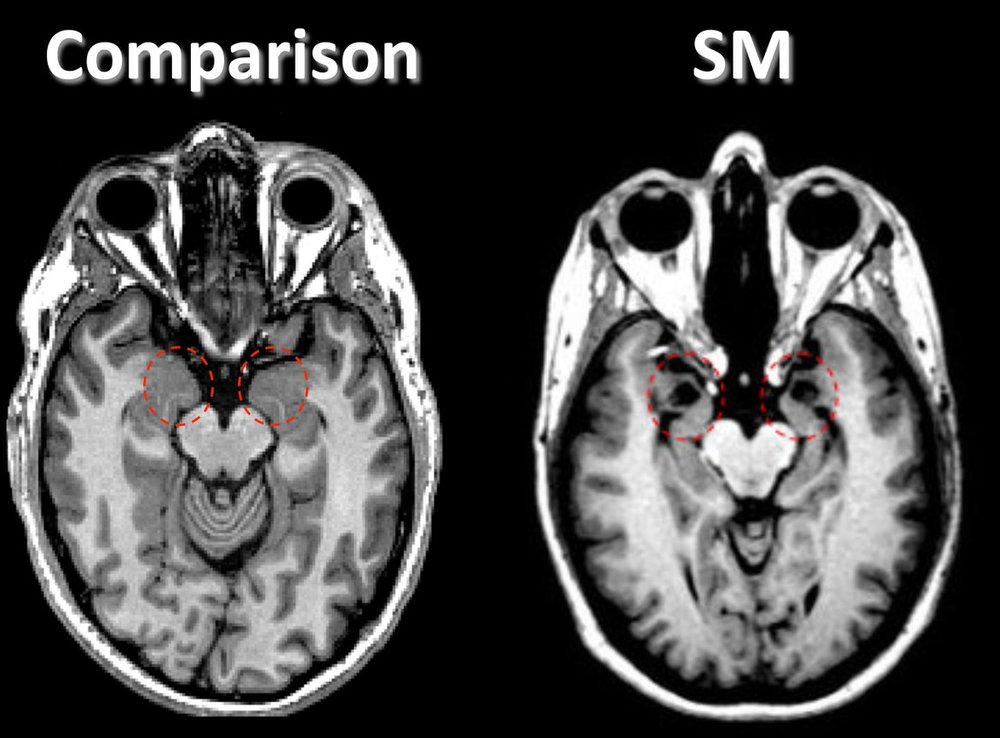Compute Optimizer is a free AWS tool that makes it easy to optimize resources on your Amazon Web Services account. It provides self-service optimization capabilities, with detailed descriptions and inline help. It lets you make changes to your EC2 console with just a few clicks, and provides up to three recommendations for any given resource. It also shows you timeline-based charts and estimates of performance risk.
Information collected by aws compute optimizer
When your server is running AWS Compute Optimizer, you’ll be able to monitor a variety of metrics and make recommendations. The Compute Optimizer collects data from running instances and AWS CloudWatch. It also monitors resources tied to multiple accounts. When you’re using Compute Optimizer, you can specify which types of metrics to collect from each of your instances.
Compute Optimizer calculates resource efficiency metrics at the account level and makes recommendations based on this data. It covers the most common AWS services, including Amazon EC2 instances, Amazon EBS, Auto Scaling Groups, Lambda, and more. While it may not make recommendations for every instance, this tool allows you to set goals, track your progress, and optimize your infrastructure. By using Compute Optimizer, your company can be more efficient and keep costs under control.
The Compute Optimizer analyzes CPU, storage, network, and network utilization, and then provides recommendations based on its findings. It also displays historical metric data in graphs, so you can see which resources are most effective for your current workload. If you use Compute Optimizer for your AWS instance, you can reduce costs by up to 25%.
By analyzing historical usage metrics, AWS Compute Optimizer makes recommendations for the best configuration of your AWS resources. It also helps you avoid over-provisioning your resources, which can lead to excessive infrastructure costs and poor performance. In addition, it recommends the best Amazon EC2 instance types and Auto Scaling groups for your current needs. You can also specify which types of resources you would like to optimize using the Optimizer.
Recommendations made by aws compute optimizer
The AWS Compute Optimizer offers recommendations based on the performance of your workload. It looks at your current instance type, including memory and CPU usage, and makes recommendations based on this data. This helps you choose the right instance type for your workload and reduce operating costs.
There are some limitations when using the AWS Compute Optimizer. The tool only analyzes data for the previous 14 days, so you may miss critical peaks and troughs. Also, it does not explain how it analyzes data, so you may not fully trust the results.
AWS Compute Optimizer is free to use and works on all AWS accounts. To use the service, you must opt-in and choose a region. You can also select which instance family to use. Currently, AWS Compute Optimizer supports the C, M, R, and X instance families. It uses data from the CloudWatch monitoring system to make recommendations. As a result, you can expect your recommendations to be slightly different than others, depending on your application’s specific requirements.
AWS Compute Optimizer can improve your application’s performance and reduce costs by as much as 25%. The tool analyzes your CloudWatch metrics to determine which resources are optimal for your workload and saves you money. It also helps you avoid over or under-provisioning your instances, which can increase your costs or affect performance.
AWS Compute Optimizer also supports Auto Scaling Groups. However, it does not support recommendations for instances that are larger than a certain size. Using an Auto Scaling Group means that you can use a fixed-size Auto Scaling Group. However, it limits the number of instances you can use by default. In addition, Auto Scaling Groups must be of the same size across all settings, and they must not be attached to a scaling policy.
AWS Compute Optimizer can provide recommendations based on your usage and the cost of EC2 instances. Using this service, you can save money while scaling your EC2 instances. Moreover, you can even use it to schedule resizing actions to idle cloud resources.
Compute Optimizer can help you make decisions about which Lambda functions are the most appropriate for your workload. It analyzes 14 days of Lambda function invocation history and the CPU and memory used. It also considers pricing for Lambda functions. Depending on your workload, it may be possible to choose a lower-cost Lambda function.



